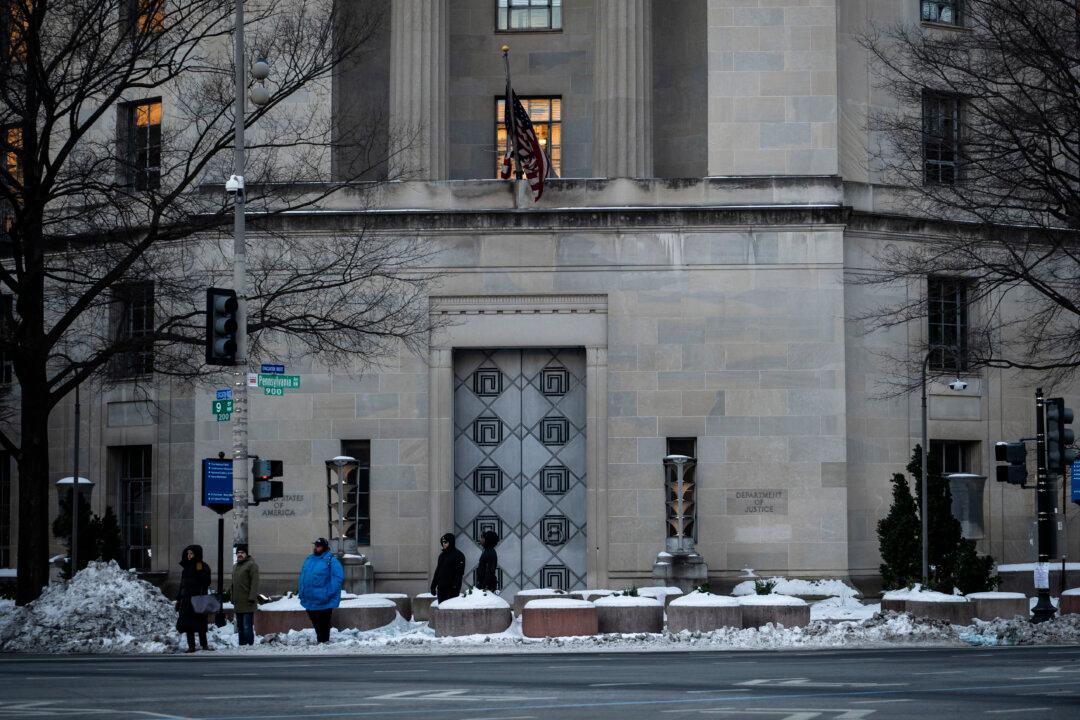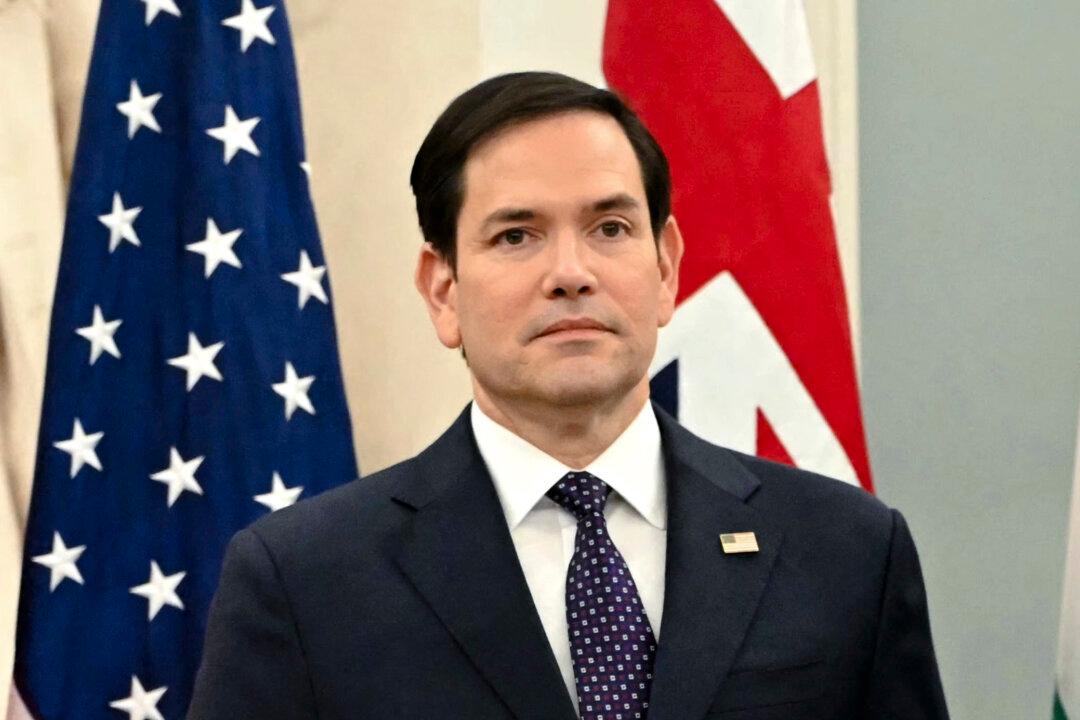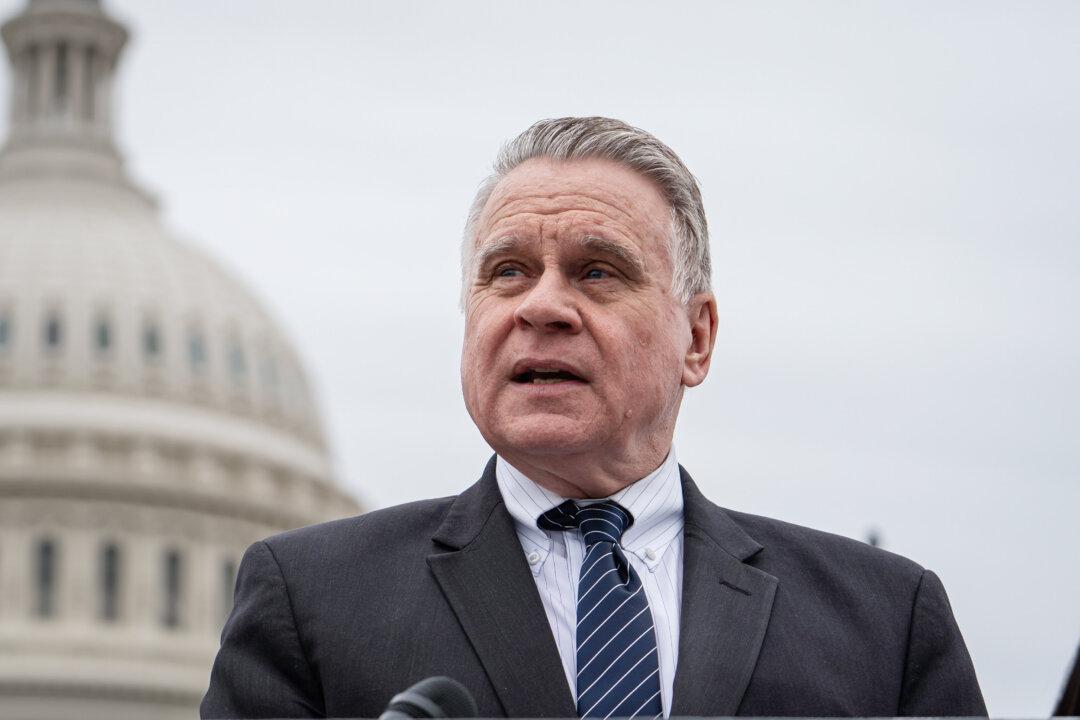The U.S. Consulate in Chengdu officially closed on July 27 after Beijing ordered its shutdown in retaliation against Washington’s closure of the Chinese Consulate in Houston.
U.S. diplomatic officials in the Chengdu consulate issued a message for the Chinese people in its video. It says that the consulate, established in 1985, is proud to have been working hard to promote “mutual understanding” between people in the United States and people in the provinces of Sichuan, Yunnan, Guizhou, Tibet, and the Chinese megacity of Chongqing.
Chengdu is the capital of southwestern China’s Sichuan Province. Yunnan, Guizhou, and Chongqing are Sichuan’s bordering regions to the province southeast and south.
“We will forever miss you,” the video concluded, addressing the Chinese people in these provinces and the city.
The United States continues to operate four other consulates in China, which are located in Guangzhou, Shanghai, Shenyang, and Wuhan. The United States also has a consulate in the Chinese-ruled city of Hong Kong.
“We are disappointed by the Chinese Communist Party’s decision and will strive to continue our outreach to the people in this important region through our other posts in China,” the U.S. State Department said in statement.
China’s state-run media has extensively covered events directly inside and outside of the U.S. Consulate since July 24, detailing how locals took pictures outside of the diplomatic compound, how buses and trucks left the consulate, and how the U.S. flag at the consulate was lowered on July 27.
“The CCP [Chinese Communist Party] is now live-streaming our consulate on state-run TV and using it as fodder for their propaganda,” Blackburn wrote.
China’s hawkish Global Times media outlet has been busy publishing content allegedly claiming that Beijing’s decision to shut down the U.S. Consulate had “public support.” It published an article on July 25 accusing the United States of trying to “separate” the CCP from the Chinese people.
The article asked the United States to “observe Chinese public opinion,” and reported about how there were cheers on Chinese social media over Beijing’s decision, and on how local residents had apparently gathered outside of the consulate to have “some fun.”
The Global Times echoed a similar narrative in an article published on July 26, titled “Chinese netizens hail closure of U.S. Consulate in Chengdu.”
On July 27, the Global Times published an opinion article by a professor from China’s Peking University. The professor argued that Chinese people “understood and supported” Beijing’s actions, though he didn’t cite evidence to back up his claim.
Pompeo called on the United States to “engage and empower the Chinese people.” He also asked the free nations of the world to “induce change in the CCP’s behavior in more creative and assertive ways.”





